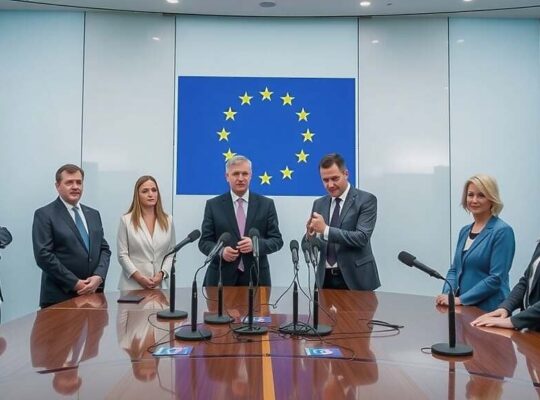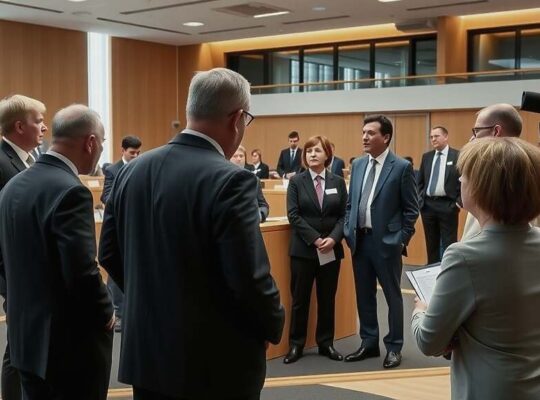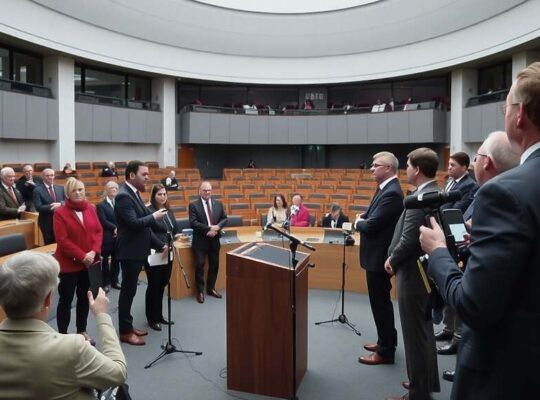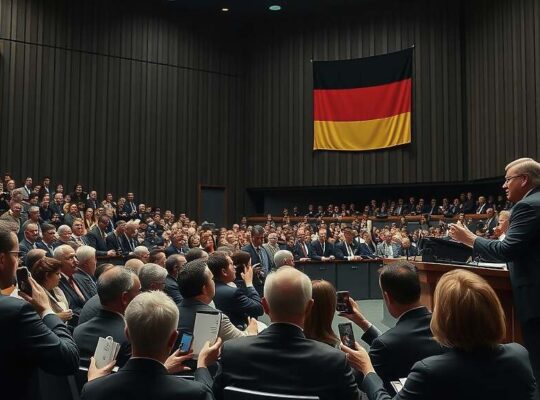The controversial remarks of Chancellor Friedrich Merz regarding urban landscapes and migration policy are escalating tensions within Germany’s governing coalition, prompting calls for a formal parliamentary resolution and intense scrutiny of his rhetoric. Merz’s recent statements, referring to an ongoing “problem” within cityscapes, have drawn sharp criticism from the SPD, who accuse him of fueling resentment and inadvertently bolstering the far-right AfD.
Adis Ahmetovic, SPD parliamentary representative and chairman of SPD Hannover, voiced his concerns to “Stern” magazine, advocating for a unified parliamentary resolution to define a shared vision for urban development. This resolution, he argues, should address key issues such as vacant properties, cultural enrichment, safety and cleanliness – essentially attempting to provide a positive and constructive framework for the contentious debate. Ahmetovic suggested various mechanisms to achieve this, including a summit convened by the Chancellor, a focused discussion within the coalition committee, or the establishment of a dedicated working group.
The core of the SPD’s frustration lies in what they perceive as Merz’s ambiguous wording. Ahmetovic warned that such “swimming” language creates space for harmful sentiments and provides fertile ground for the AfD to advance their ideology. He directly challenged the Chancellor to clearly articulate the “problem” he identifies, hinting at a suspicion based on Merz’s previous statements. Critically, Ahmetovic emphasized the inherent contradiction: as Chancellor, Merz’s words are implicitly interpreted as representative of the entire coalition, a responsibility he believes requires significantly greater clarity and precision.
“As an SPD representative, particularly as someone raised in a large city, I cannot simply accept this lack of definition” Ahmetovic stated. The SPD’s push for a parliamentary resolution isn’t solely about clarifying a policy issue; it’s a signal of their determination to hold the Chancellor accountable for the potential impact of his language on public sentiment and the stability of the coalition itself, highlighting the fragile nature of Germany’s political landscape.












